By Sudarshan Pyakurel

In the heart of Ohio, amidst the bustling cities and serene landscapes, lies a community facing unique challenges in accessing mental health care: resettled Bhutanese refugees. Their journey from the foothills of the Himalayas to the heartland of America is not just one of physical relocation but also of profound psychological adaptation.
This article delves into the complexities of their experiences and advocates for a transformative approach to mental health care that respects their cultural heritage, addresses their specific needs, and empowers them to heal and thrive.
The Bhutanese Refugee Experience
Imagine being uprooted from your homeland due to political persecution, forced to live in crowded refugee camps for years, and then resettled in a foreign land with unfamiliar customs and language. This is the reality for many Bhutanese refugees who got relocated and settle-down in the United States. The journey is marked by trauma, loss of identity, and the struggle to rebuild shattered lives in a new environment.
For Bhutanese refugees, mental health challenges are not just individual but collective. They stem from a history of displacement, loss of ancestral lands, separation from families, and the erosion of cultural identity. These experiences create a complex tapestry of needs that cannot be adequately addressed by traditional Western approaches to mental health care.
The Limitations of Western-Centric Approaches
Historically, mental health care has often been standardized based on Western norms and diagnostic criteria. However, such approaches may overlook the cultural nuances and contextual factors that shape the mental health experiences of Bhutanese refugees.

Standardized screening tools, while useful in many contexts, may not capture the breadth of emotions and experiences that Bhutanese refugees encounter. Questions about individual symptoms like anxiety or depression do not always resonate with a community that values collective well-being over individual concerns. Moreover, the stigma associated with mental illness within their culture can deter individuals from seeking help through conventional channels.
A Cultural Paradigm Shift: The Case for Culturally Informed Care
The need of the hour is a paradigm shift towards culturally informed mental health care. This approach recognizes and respects the cultural beliefs, values, and lived experiences of Bhutanese refugees. It goes beyond linguistic accessibility to encompass a deeper understanding of their worldview, healing practices, and community dynamics.
Crafting Culturally Informed Screening Tools
To effectively screen for mental health issues among Bhutanese refugees, we must develop tools that align with their cultural context. Here’s how such tools could be structured:
1. Family and Collective Approach: Instead of focusing solely on individual symptoms, incorporate questions that explore family dynamics, community support systems, and the role of spirituality in coping with stress.
Example Question: “How do your family members support each other during difficult times?”
2. Cultural and Spiritual Beliefs: Include inquiries about traditional healing practices, beliefs about the causes of mental distress, and the role of faith and spirituality in mental well-being.
Example Question: “Do you seek support from traditional healers or religious leaders during times of emotional hardship?”
3. Trauma and Refugee Experience: Acknowledge and validate the traumatic experiences related to displacement, persecution, and resettlement. Ask about specific challenges faced during their journey to the United States.
Example Question: “Have you experienced any traumatic events related to your displacement from Bhutan or during your time in refugee camps?”
4. Acculturation and Adjustment: Assess their experiences and challenges in adapting to American culture, including language barriers, discrimination, and social integration.
Example Question: “How do you feel about adjusting to life in the United States? Are there any specific challenges you face in this process?”

5. Stigma and Help-Seeking: Explore their perceptions of mental health stigma within their community and barriers to seeking professional help.
Example Question: “What are your thoughts about discussing mental health concerns with your family or community members?”
6. Daily Functioning and Well-being: Evaluate their daily functioning, sleep patterns, appetite changes, and overall sense of well-being in a culturally sensitive manner.
Example Question: “How has your mental health affected your ability to manage daily tasks or participate in social activities?”
7. Language and Communication: Frame questions in plain language, avoiding jargon, and ensure clarity and simplicity in communication.
Example Question: “How would you describe your emotional well-being on a typical day?”
By tailoring screening tools in this manner, mental health professionals can gain deeper insights into the unique challenges faced by Bhutanese refugees. This approach fosters trust, improves communication, and enhances the effectiveness of interventions aimed at promoting mental health and well-being within this community.
Beyond Screening: Implementing Culturally Appropriate Interventions
Screening is just the first step. Effective mental health care for Bhutanese refugees necessitates interventions that are not only culturally sensitive but also community-driven and holistic in nature.
Community-Based Interventions
1. Group Therapy and Support: Group settings can provide emotional support, reduce isolation, and foster a sense of belonging. Activities such as yoga, mindfulness sessions, and community gardening can be particularly effective in promoting mental well-being.
2. Family Involvement: Engaging family members in the healing process can accelerate recovery and improve outcomes. Parenting support groups and workshops on family dynamics in a new cultural context can be instrumental in creating a supportive environment.
3. Skill-Building Workshops: Practical skills such as language proficiency, job readiness, and financial literacy can enhance self-sufficiency and improve economic opportunities, thereby reducing stressors related to resettlement.
4. Cultural Integration Programs: Workshops that educate refugees about American societal norms while preserving and celebrating their cultural heritage can mitigate cultural shock and facilitate smoother integration.
Challenges and Opportunities
Despite the promising potential of culturally informed care and community-based interventions, significant challenges persist. Funding limitations, institutional resistance to non-traditional approaches, and the lack of Medicare reimbursement for innovative therapies remain formidable barriers.
To overcome these challenges, stakeholders must advocate for policy changes that recognize the efficacy of community-driven mental health initiatives. Funding agencies need to embrace diversity in treatment approaches and support programs that are tailored to meet the specific needs of refugee populations.
Conclusion: A Call to Action
Addressing the mental health crisis among resettled Bhutanese refugees requires a collective effort to break down barriers and build bridges of understanding and support. By centering their voices, honoring their experiences, and implementing culturally sensitive strategies, we can create a more inclusive and equitable mental health care system.
As we strive towards these goals, let us remember that the path to healing is as diverse as the communities we seek to serve. It is through empathy, cultural humility, and a commitment to social justice that we can truly transform mental health care for Bhutanese refugees and pave the way for a brighter, healthier future.
The journey towards effective mental health care for Bhutanese refugees in the US is an ongoing process of adaptation, innovation, and advocacy. By centering their voices, honoring their experiences, and supporting community-driven initiatives, we can build a more inclusive and equitable mental health care system that serves all populations, regardless of background or origin.
(Sudarshan Pyakurel, MA, MSW, LSW.
Mr. Pyakurel is a Licensed Social Worker in the State of Ohio. He collaborates with NIH and higher education institutions to conduct research and publications aimed at understanding mental health among resettled Bhutanese. He serves as the Executive Director of the Bhutanese Community of Central Ohio and has received several prestigious awards for his exceptional contributions to community services.)
Support the New Americans magazine to continue to serve our community with precise news that affects the new American, immigrant and refugee community. https://paypal.com/donate/?hosted_button_id=8LHFS78NRNJJY&source=url


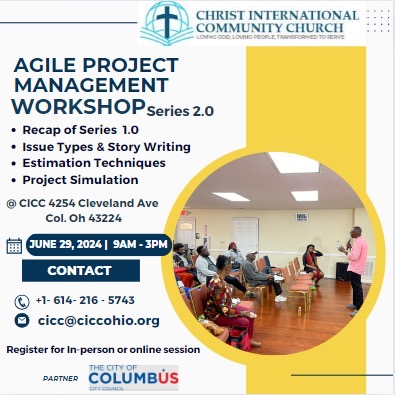










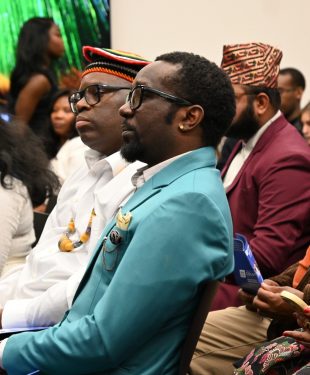


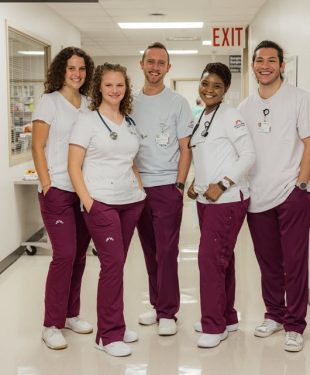

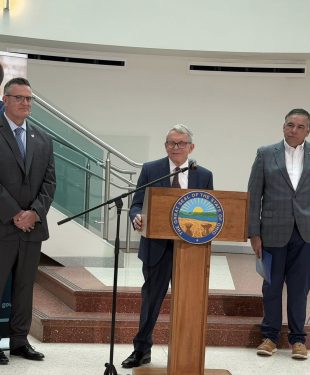
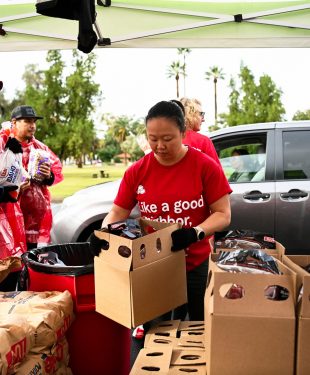

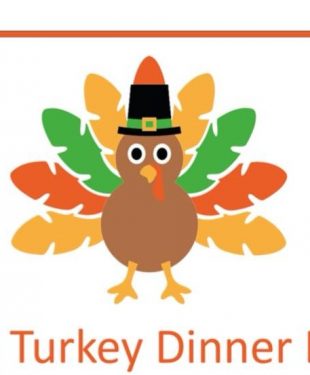

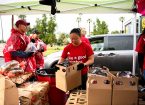
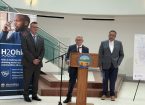


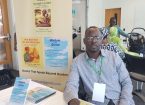










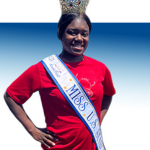
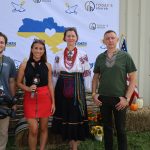

Leave a Reply
You must be logged in to post a comment.